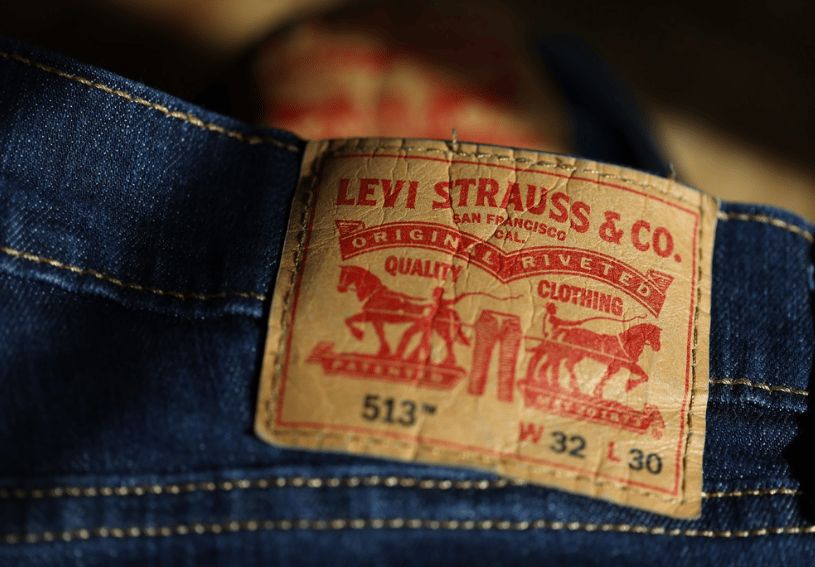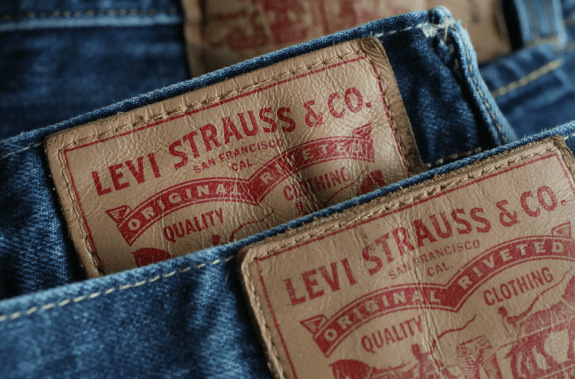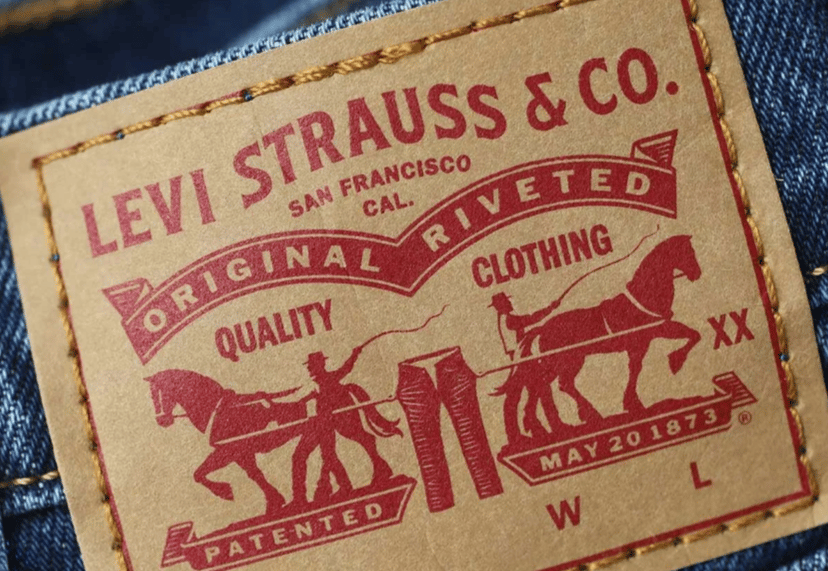Levi Strauss Divests Dockers Brand for USD 311M to Focus on Core Levi’s and Athleisure Expansion
Levi Strauss & Co. $LEVI has announced the sale of its Dockers brand to Authentic Brands Group (ABG), the parent company of Reebok and Van Heusen, for $311 million USD. The move aligns with Levi’s long-term strategic pivot toward strengthening its flagship Levi’s® label and expanding its activewear segment, particularly through its Beyond Yoga business.
This divestiture reflects a broader trend among apparel companies seeking to streamline brand portfolios, boost margins, and drive direct-to-consumer (DTC) sales in a highly competitive and increasingly digitalized retail landscape.
Portfolio Optimization and Sector Repositioning
The sale of Dockers is part of Levi Strauss’ ongoing strategy to exit underperforming business lines and reinforce its positioning in the premium denim and athleisure markets. Initially launched in 1986, Dockers helped define casual workwear for decades but has faced declining relevance in the post-pandemic fashion economy, where athleisure and DTC engagement are outperforming traditional segments.
Authentic Brands Group, a global brand development, marketing, and entertainment company, is acquiring Dockers as part of its expansion into mid-tier and legacy retail segments. ABG's acquisition model focuses on leveraging existing brand equity through licensing, global distribution, and e-commerce acceleration.
From a financial standpoint, the $311 million transaction provides Levi Strauss with additional capital to reinvest in high-growth categories. The company emphasized its intention to expand its Beyond Yoga line, acquired in 2021, as well as deepen vertical integration and premium pricing through its Levi’s brand stores.

Key Facts
Levi Strauss to sell Dockers brand for $311M USD
Buyer: Authentic Brands Group, owner of Reebok and Van Heusen
Deal aimed at streamlining brand portfolio and focusing on Levi’s and Beyond Yoga
Dockers has struggled to maintain relevance in modern apparel markets
Transaction strengthens ABG’s presence in casual menswear and licensing
Market Reactions and Strategic Commentary
The sale has drawn positive reactions from analysts who interpret the move as a logical next step in Levi Strauss’ transformation from a wholesale-heavy operation to a brand-led DTC powerhouse. Over recent quarters, LEVI has prioritized high-margin channels and trimmed non-core assets to protect profitability amid macroeconomic headwinds and fluctuating USD-denominated import costs.
In contrast, the acquisition signals ABG’s continued ambition to consolidate legacy brands and reposition them for omnichannel growth. ABG’s strategy has yielded notable results with Reebok, which saw improved distribution partnerships and licensing activity post-acquisition.
Financial markets responded modestly, with Levi Strauss shares showing marginal gains in early trading, reflecting cautious optimism. Investors are awaiting further clarity on how the proceeds will be deployed and what impact the sale will have on top-line growth projections for FY2025.

Key Market Takeaways
Levi Strauss accelerates brand consolidation to boost capital efficiency.
Dockers’ sale removes low-margin exposure from the company’s balance sheet.
ABG gains a well-known but underleveraged asset for future licensing.
Proceeds may support Beyond Yoga expansion and DTC infrastructure investment.
Deal illustrates divergence between brand divestment (Levi’s) and brand acquisition (ABG) strategies.
Implications for the Apparel and Licensing Markets
The divestiture of Dockers for $311 million USD marks a strategic recalibration for Levi Strauss as it seeks to redefine its brand portfolio around Levi’s and Beyond Yoga. This move not only sheds a legacy brand that no longer aligns with the company’s growth vision but also injects liquidity into segments demonstrating stronger consumer traction.
For Authentic Brands Group, the acquisition underscores its playbook of revitalizing dormant assets through licensing and partnerships, particularly at a time when brand equity and consumer trust are harder to build organically. The deal reinforces emerging sector dynamics in the apparel industry, where agility, consumer data ownership, and direct engagement increasingly define long-term value creation.















Comments